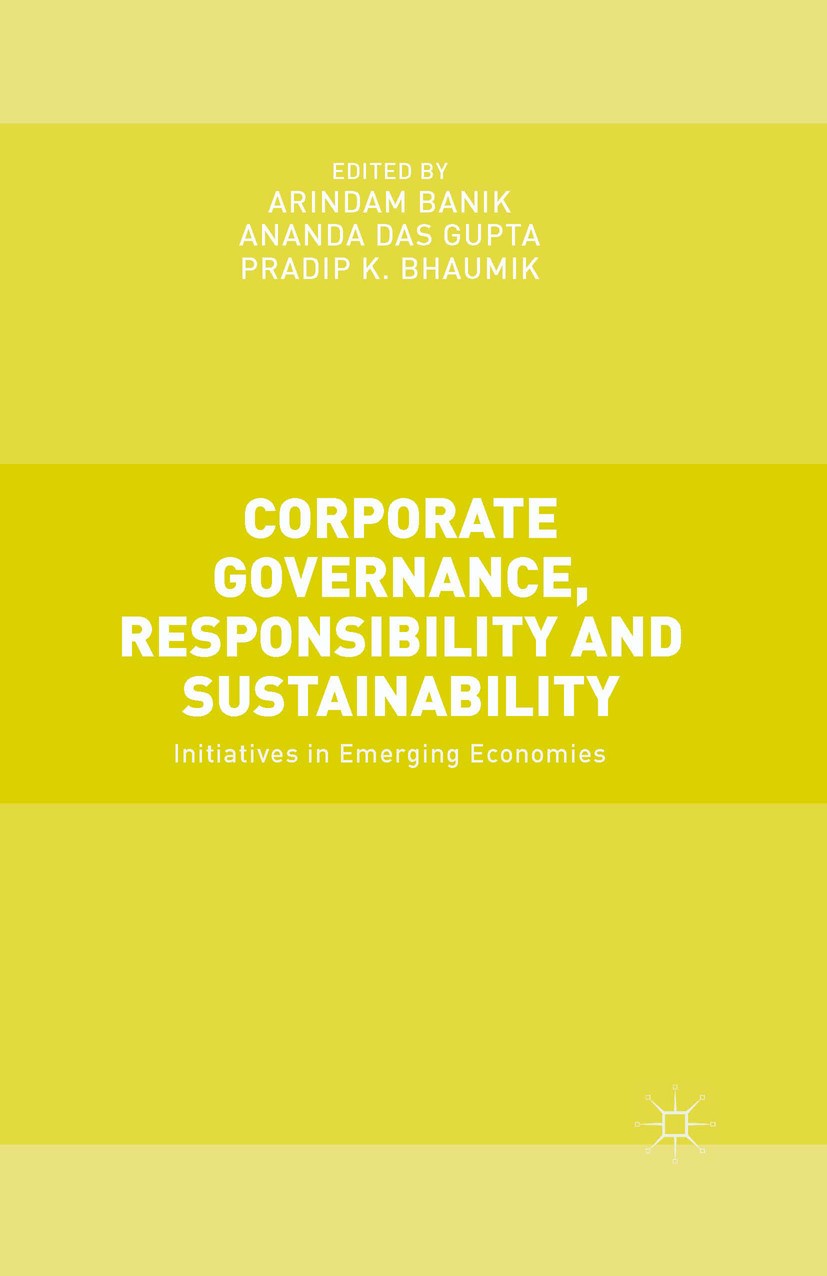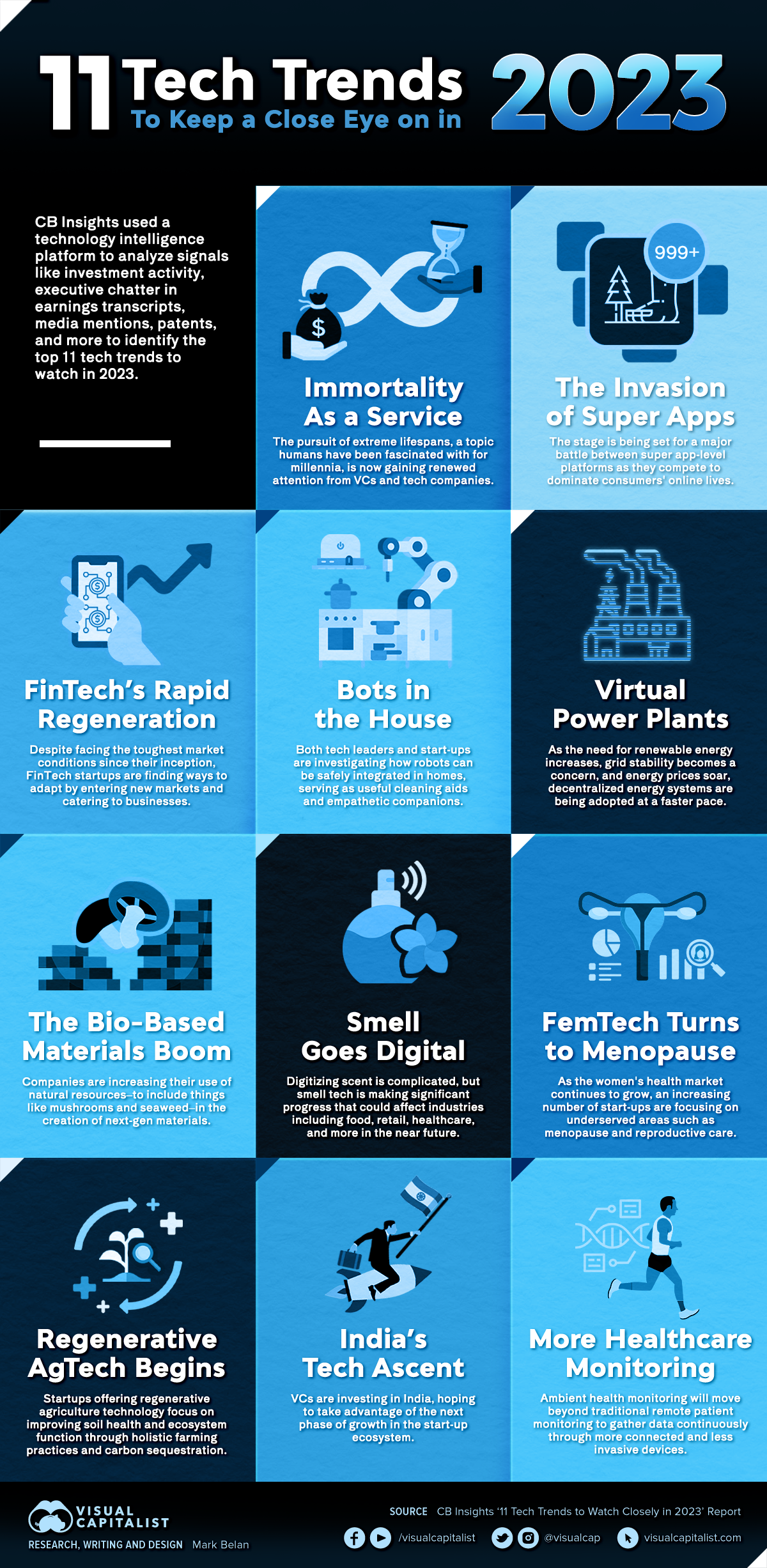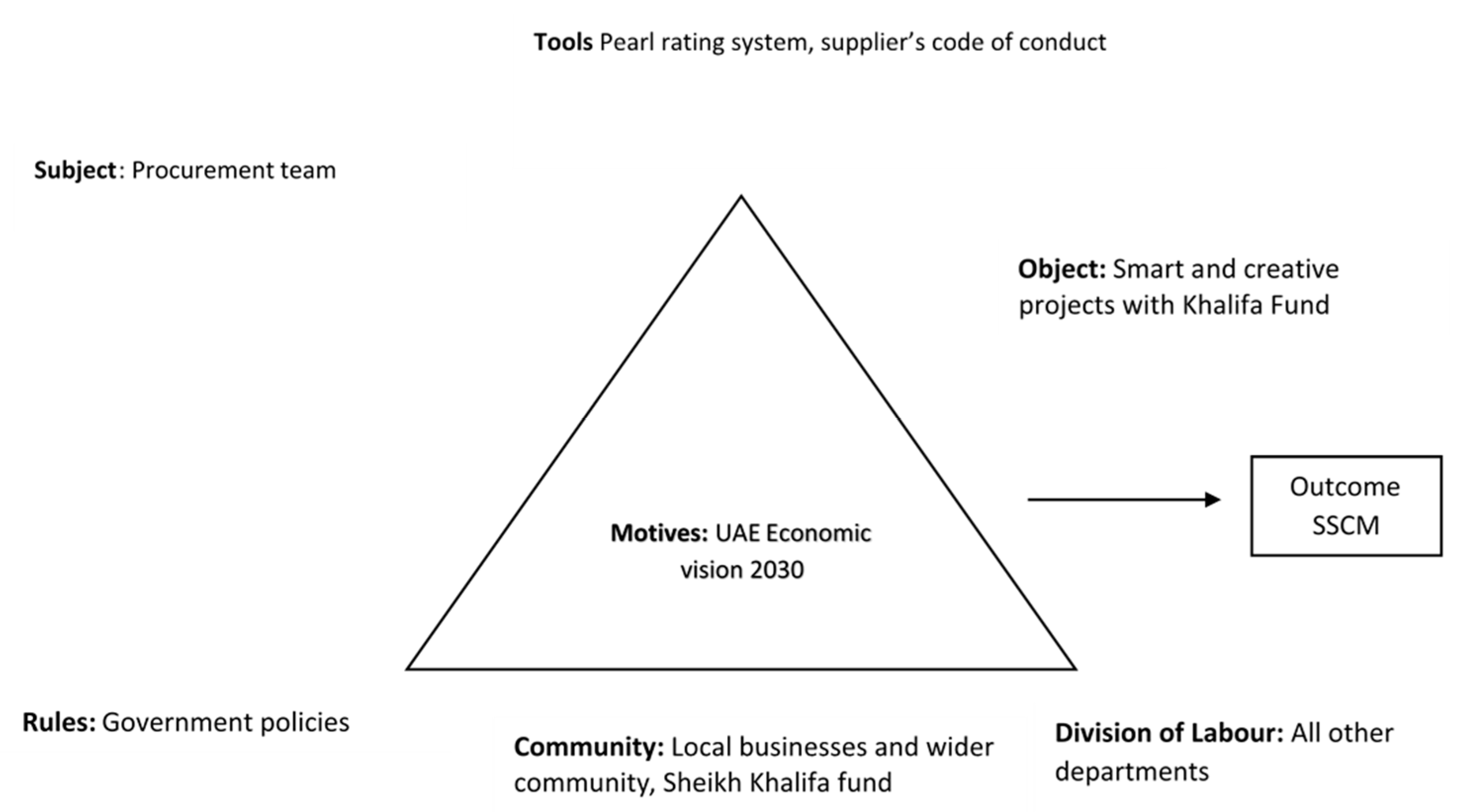Emerging Economies: The Frontier of Growth Amidst Global Uncertainties
In a world replete with economic uncertainties stemming from geopolitical tensions, supply chain disruptions, and the lingering after-effects of a global pandemic, the fresh vigor of emerging economies becomes a beam of hope for future growth. Historically, the economic discourse has been dominated by the performance and policies of developed nations, but as we venture deeper into the 21st century, the dynamics are shifting rapidly.
The term "emerging economies" refers to nations that are transitioning from a developing status to a developed status and are characterized by rapid industrialization, increasing adoption of technology, and fast-paced economic growth. These countries are crucial engines of economic activity, global trade, and innovation. As of the current economic landscape, emerging markets are not only pivotal to the global supply chain but also represent burgeoning markets for consumer goods, technology, and infrastructure development.
One of the most compelling narratives in this sector is the digital revolution that has grasped these markets. The rise of mobile connectivity, internet penetration, and e-commerce platforms has leapfrogged traditional growth modalities. Countries such as India, Indonesia, and Brazil are witnessing a surge in their digital economies, creating new pathways for growth and innovation. Moreover, the burgeoning middle class in these countries is becoming the cornerstone for increased consumption and demand for diversified services.
However, the journey is not devoid of challenges. Emerging economies face a unique set of obstacles that can hamper growth and deter investment. Political instability, regulatory challenges, inadequate infrastructure, and vulnerability to global financial volatility are some of the persistent risks. Additionally, many of these economies are heavily reliant on commodities, making them susceptible to price swings in global markets.
Amid such challenges, policymakers in these regions are tasked with maintaining a delicate balance between fostering economic growth and ensuring sustainability. Inflation control, fiscal discipline, and investment in human capital are some of the levers that can be utilized to steer these economies towards stable and inclusive development.
Certainly, international trade agreements and foreign direct investment (FDI) play a substantial role in the growth narrative of emerging markets. With the United States and European Union being traditional economic powerhouses, their trade policies and economic partnerships can profoundly impact the prospects of emerging economies. The shift towards regional trade agreements, such as the African Continental Free Trade Area (AfCFTA) and the Comprehensive and Progressive Agreement for Trans-Pacific Partnership (CPTPP), is indicative of the evolving trade landscape wherein emerging economies are taking the lead.
Furthermore, sustainability has become a non-negotiable aspect of growth plans. Climate concerns and environmental preservation are influencing the investment flows into renewable energy, sustainable agriculture, and green technologies. Countries that align their growth strategies with environmental sustainability stand to benefit not only from a healthier ecosystem but also from the new economic opportunities that come with the 'green' transition.
Investors are closely monitoring the untapped potential of emerging markets. With high yields and demographic dividends, these markets can offer lucrative opportunities for returns. However, investment strategies must take into account the idiosyncratic risks and heterogeneity of these economies. Betting on emerging markets is not a one-size-fits-all approach; rather, it requires deep insights into local conditions and thoughtful portfolio diversification.
The resilience and innovativeness of emerging economies are testaments to their capability to become the next fulcrum of global economic expansion. In the coming decades, the narrative of these economies will be shaped by how effectively they navigate the challenges ahead and leverage their strengths to foster enduring growth and prosperity.
As we continue to chart the course of these dynamic economies, the interplay of innovation, policy-making, and international collaboration will be critical to realizing their full potential. It is an arena of high stakes but even higher rewards, and the future of global economic vitality may well depend on the rise of these emerging frontiers.
The Role of Technology and Innovation in Emerging Economies
In the burgeoning narrative of emerging economies, technology and innovation are forging new frontiers, transforming societal structures, and redefining economic opportunities. As we delve deeper into these dynamic markets, the centrality of technological advancements becomes more pronounced, shaping the lives of millions and acting as a catalyst for rapid development.
The technology sector in emerging economies is experiencing an unprecedented boom. With increased internet penetration and the mass adoption of smartphones, technological solutions in sectors such as banking, healthcare, and education are witnessing a significant leap. Fintech companies are revolutionizing financial services, offering mobile payments, and micro-loans to those traditionally underserved by banks. Telemedicine is bridging the rural-urban divide by providing critical healthcare services to remote areas. E-learning platforms are democratizing education, offering high-quality learning resources to regions with limited educational infrastructure.
Startups are at the forefront of this innovation wave. In places like Bangalore, São Paulo, and Lagos, vibrant startup ecosystems have emerged, driven by a youthful, tech-savvy population. These startups attract significant venture capital, incubate cutting-edge ideas, and solve local problems with global applications. Their agility and innovative drive diversify economies by reducing dependency on traditional sectors and creating a myriad of new job opportunities.
The rise of these tech hubs also indicates a broader shift in the global innovation landscape. Silicon Valley is no longer the sole epicenter of technological innovation; a polycentric world, where multiple tech hubs across emerging economies contribute to global progress, is taking shape. Governments are realizing the potential of these hubs and are implementing policies to support their growth, including tax incentives, infrastructure investments, and educational reforms to bolster STEM (Science, Technology, Engineering, and Mathematics) skills.
However, innovation is not just limited to the technology sector. Emerging economies are also home to frugal innovation – the process of reducing the complexity and cost of goods and their production. Such innovation optimizes resources and delivers value-oriented products and services, tailored for local needs and affordability. It allows emerging markets to leapfrog more established technologies and methodologies, leading to unique and disruptive business models.
Yet, technology and innovation bring their own set of challenges. Cybersecurity remains a significant concern as digitalization increases vulnerability to cyber-attacks and data breaches. The digital divide between urban and rural, young and old, rich and poor must be addressed to ensure an equitable spread of benefits. Also, there is a pressing need for regulatory frameworks that strike a balance between encouraging innovation and protecting consumer interests.
The environmental aspect of the technology boom must also be recognized. With increasing electronic waste (e-waste) and energy consumption, sustainable practices in manufacturing and usage are imperative to avoid trading off long-term environmental health for short-term economic gains. The adoption of green technologies and circular economy principles can mitigate these environmental impacts, positioning emerging economies as leaders in sustainable innovation.
Looking forward, the spillover effects of the technology revolution in emerging economies are set to expand beyond borders. Through increased connectivity and South-South cooperation, the innovations developed in these markets can address similar challenges globally, offering scalable and sustainable solutions. As these economies continue to integrate into the global value chain, their approach to innovation will likely influence international standards and practices.
The trajectory of emerging economies intertwined with technology and innovation holds the promise of transforming the global economic landscape. By fostering a climate conducive to innovation, dealing proactively with the associated challenges, and ensuring the sustainability of growth, these economies can propel themselves and the world towards an era of unprecedented development and shared prosperity.
As we continue to observe the exciting evolution of emerging economies, it is evident that their progress will be a barometer for global economic health. The story of their ascent is not merely one of economics; it is a story of human ingenuity and ambition, charting new paths and envisioning a world where growth is inclusive, sustainable, and brightened by the light of innovation.









Comments